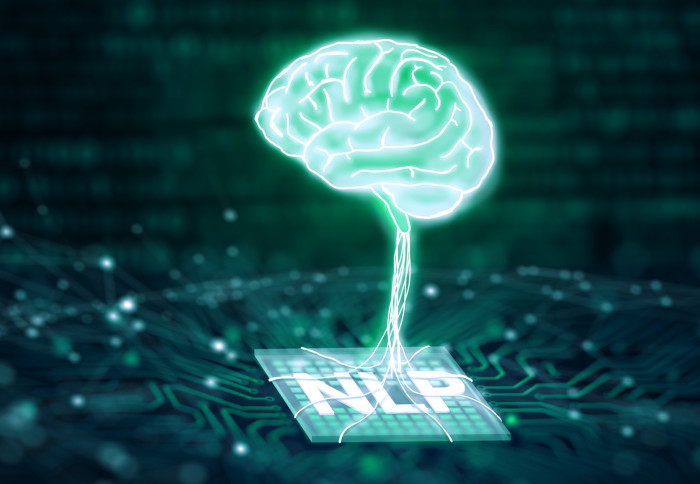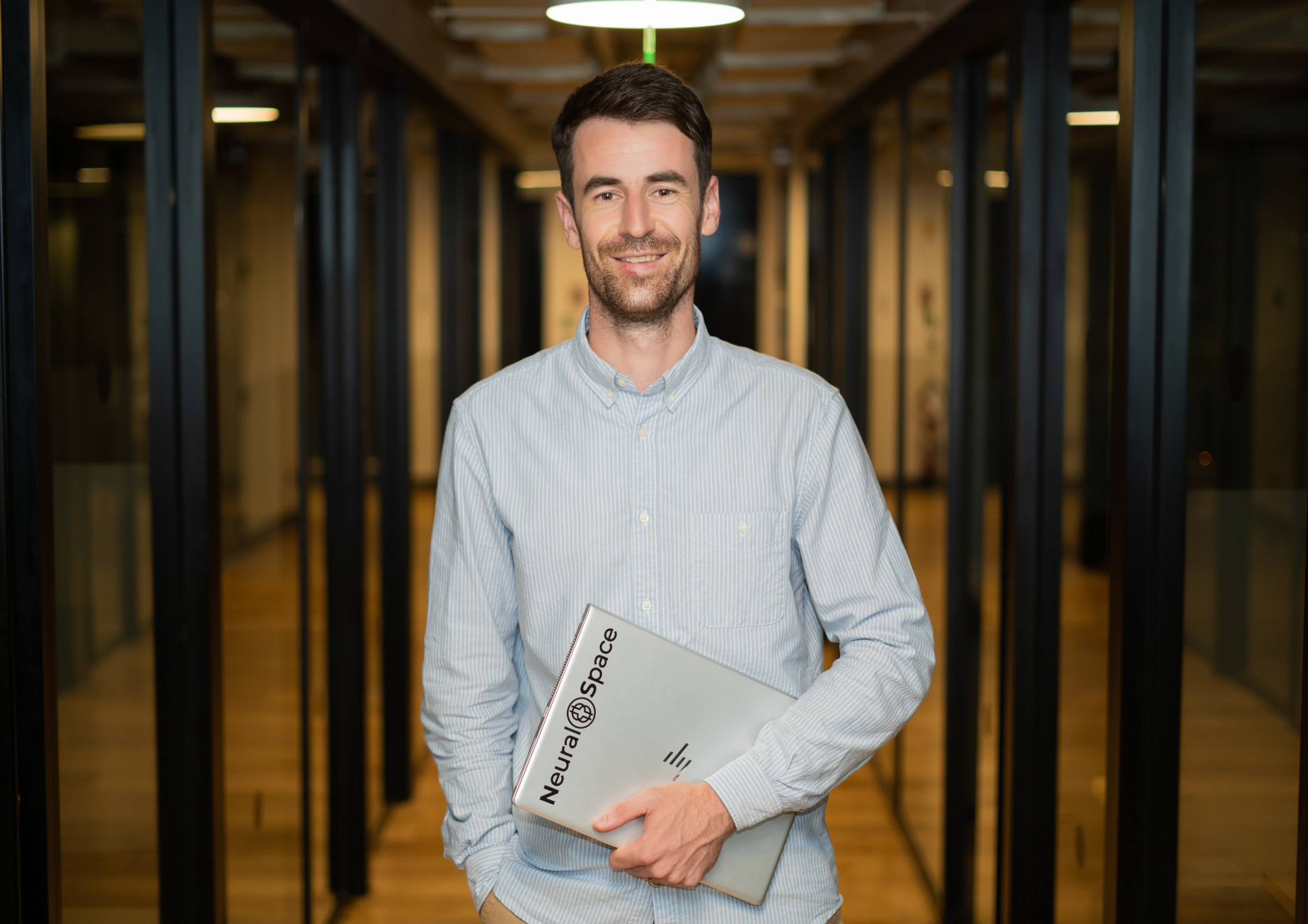Natural language processing startup NeuralSpace receives £1.2 million investment

Tech from student startup NeuralSpace, which has raised £1.2m from US investors, could allow smart assistants like Siri to understand more languages.
NLP is an important technology for accessing services, for example booking appointments, and its unavailability to much of the world’s population presents issues of fairness.
Technology startup NeuralSpace, founded by an Imperial student, is working to widen the linguistic reach of natural language processing (NLP), a machine learning technology used by smart assistants such as Apple’s Siri and tools such as chatbots to respond to human text and speech.
After receiving expert support from Imperial’s entrepreneurship programmes, the company has raised £1.2 million in a funding round led by US investor Merus Capital. It will use this to scale up its NLP platform, which makes the technology available in a range of under-served languages.
Language processing challenge
To train an NLP system to process a new language, its engineers provide it with a set of training data consisting of written examples of that language. The system uses this data to find statistical relationships that allow it to respond intelligently to inputs in that language.
While NLP technology is advanced in English, French, Mandarin, and a handful of other languages, it is not yet widely available in most of the world’s 7,000 languages.
NeuralSpace has created an NLP architecture that the company says works effectively on smaller than usual datasets. It is offering an NLP platform that has already been trained in 89 different languages.
Many languages spoken in small or economically emerging countries, for example Sweden, Vietnam and Malaysia, are widely used in print media such as books but only to a more limited degree on the internet. There is therefore a shortage of publicly available digital datasets to train NLP systems in these ‘low resource’ languages and a lack of NLP systems to serve them.
Since NLP is an increasingly important technology for accessing services, for example booking appointments online or over the phone, its unavailability to much of the world’s population presents issues of fairness.
NeuralSpace has created an NLP architecture that the company says works effectively on smaller than usual datasets. It is offering an NLP platform that has already been trained in 89 different languages and can be used without machine learning expertise. Its technology is also being made widely available through a freemium model that allows application developers to access a free version of the platform, with a wider feature set available through a paid subscription.
Unlike most cloud services, the platform is also available for installation on a private cloud for clients that do not wish to host data on public servers. The company is currently providing its technology in this form to a client in Sweden.
An entrepreneurial community

NeuralSpace was founded by its CEO Felix Laumann, a PhD student in Imperial’s Department of Mathematics. Reflecting its international outlook, the company was founded in Germany and is headquartered in the US, with most employees based in India, the home country of co-founders Ayushman Dash and Kumar Shridhar. Mr Laumann is based in the UK.
“Our mentors really helped us a lot by asking the right questions,” says Mr Laumann. “’What are you building?’, ‘Why are you building it?’ – and ‘are you wasting your time?’, although not in such strong wording. That influenced our product development.”
Imperial has supported Mr Laumann through its infrastructure of services and spaces for innovative startups. He has been part of the startup community at the Enterprise Lab, the College’s hub for student entrepreneurs, and has received expert advice through its Experts-in-Residence sessions and the Imperial Venture Mentoring Service, which matches staff and student startups with experienced industry mentors.
“Our mentors really helped us a lot by asking the right questions,” says Mr Laumann. “’What are you building?’, ‘Why are you building it?’ – and ‘are you wasting your time?’, although not in such strong wording. That influenced our product development.”
Mr Laumann says the support also helped him adapt his skills as an academic researcher to the challenges of entrepreneurship. “As a CEO it’s not always as intellectually challenging – it’s a lot of organisation and repeating the same stuff. But it’s challenging in different way. As a PhD student you have some kind of personal life, you have your freedom. In business time is literally money. You say I now have two days to work on something. You can’t just jump in and say maybe I’ll get where I want or maybe not. You need to have a solid plan.”
Learn more
Imperial Enterprise Lab - support for student entrepreneurship
Imperial Enterprise Division - services for entrepreneurial staff and students, corporate partners and investors.
Article text (excluding photos or graphics) © Imperial College London.
Photos and graphics subject to third party copyright used with permission or © Imperial College London.
Reporter
David Silverman
Communications Division
